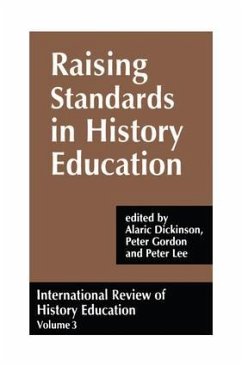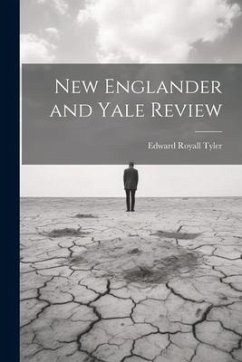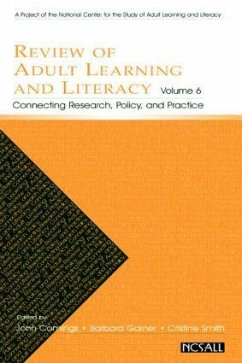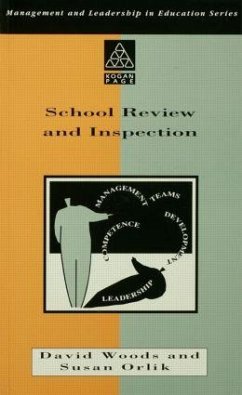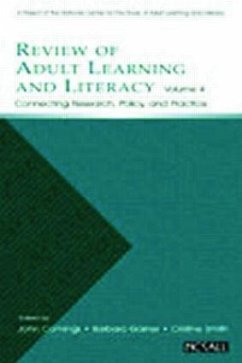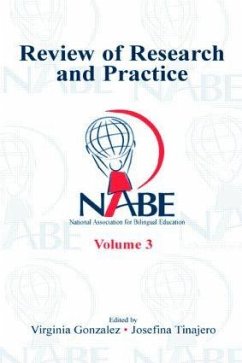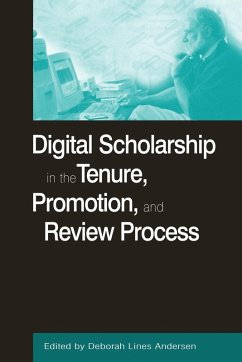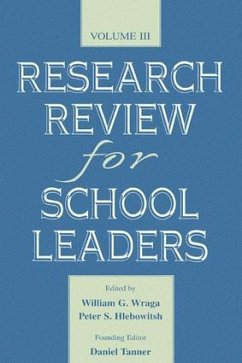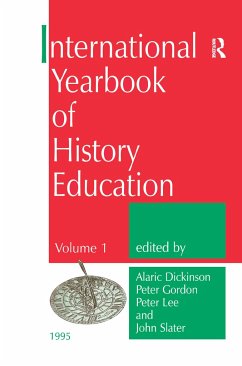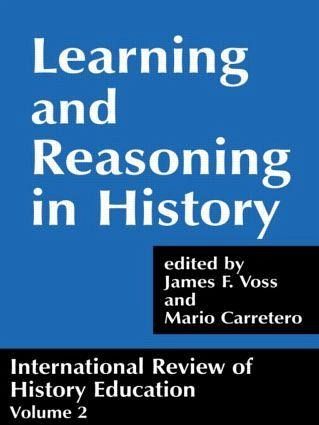
International Review of History Education
International Review of History Education, Volume 2
Herausgeber: Carretero, Mario; Voss, James

PAYBACK Punkte
29 °P sammeln!
This volume consists of the proceedings of an international conference on cognition and instruction in history. The papers cover several areas: historical narratives and history teaching; the use of texts, documents and images in learning history; and historical explanation and understanding.





